Written By: Marvellous Adejumo
It is often said that to every disadvantage, there is a corresponding advantage. At present, corona-virus pandemic (COVID-19) might seem as a profound disadvantage to education but in reality, it might be an advantage since it serves as an eye-opener to a major deficiency of Education Technology (Ed-tech) ravaging education in Africa. As discussed in the previous post, the presence of innovative and interactive technology in education is vital and authorities responsible for improving education in Africa should see COVID-19 as a navigator to the lack of EdTech which requires urgent attention.
Countries around the world have resorted to different measures to curtail the effect of the global pandemic on the educational sector. Schools are struggling to ensure uninterrupted teaching and learning which is only possible with the intervention of technology. In a report by Brookings, close to 90% of developed countries are providing remote learning opportunities and nearly all of which are provided online while less than 25% of developing countries are currently providing any type of remote learning with majority via TV and Radio. Just 11% of countries in Sub-Saharan Africa rely exclusively on online opportunities and only 23% use a combination of online and broadcast. African governments have resorted to the use of TV and Radio to reach rural areas and those without internet access because of internet inaccessibility and un-affordability in various African countries.
This shows that the level at which each government is able to provide virtual education to its citizens at this time is dependent on the state and quality of their EdTech system pre-COVID-19. Also, with the difficulty and incapability currently inhibiting Africa from switching to outstanding virtual learning, it is highly expected that the inhibiting factors are worked on and Africa is provided with a high-class educational system it deserves post-COVID-19. Here are three measures to consider for the instigation of education technology in Africa.
- Understanding Education Technology
With the growing outcry for education technology in Africa, it is easy to forget that technology is just technology and cannot improve the state of education until it is used as a means to an end. The goal of education technology is to use technologies to facilitate interactive, engaging and collaborative teaching and learning. Technology on its own cannot improve education until it is designed to improve education. Governments and all authorities responsible for improving education should not just bombard education with all available technologies without considering how they will be used to improve context-based education needs of Africa because any education technology that doesn’t solve essential education challenges is irrelevant. Any education technology chosen should improve literacy and numeracy, enhance personalized and project-based learning, equip students with useful vocational and technical skills needed to solve real-world challenges and train better teachers in using scientifically-sound pedagogy.
- Leveraging on Available Technologies for Learning
Without any iota of doubt, providing education in Africa with top-notch technologies might be demanding at present, but this is not an unattainable goal. By leveraging on the already available technologies for learning, EdTech can be instigated and implemented in Africa.
Technologies like mobile devices which are invariably available among learners in Africa can be leveraged upon for virtual learning. With just the mobile devices, flipped classrooms & pre-recorded lessons are made achievable. Review and assessments get done easily with numerous apps and software that can be installed into the device, also, innovative, interesting and interactive lessons & activities will be at the reach of the learners through the use of digital contents like linear, interactive and 360 videos, PowerPoint slides, info-graphics, and games. True, other sophisticated devices for virtual learning are needed to support this, but in the absence of them, mobile devices will go a long way in ensuring that students’ learning is not halted while it keeps improving and getting more interactive and innovative.
- Improving Internet and Electricity Constraints
Enjoying a smooth access to virtual learning is dependent on affordable internet access and non-erratic electricity supply. Internet access rate in Sub-Saharan Africa is low and expensive, and 70% of citizens in Sub-Saharan Africa do not have easy access to electrical power.
This constraint serves as a major inhibiting factor to the success of Ed-tech in Africa. Solar power and batteries are better options that the government and funding agencies can look into as an alternative to electrical power in order to ensure learners uninterrupted access to virtual learning. As regards reliable and affordable internet access, governments can employ a combination of policy and technical solutions to address this. Resource virtualization, satellite-based internet, lease unused dark fiber, government-owned networks, white spaces wireless technology and incentive telecommunications providers for rural areas are alternatives that governments and fund raisers can employ to eradicate the challenges of internet access among learners in Africa.
Education stakeholders which include governments, school administrators and leaders, teachers, researchers, policymakers, funders, technology developers, community members and organizations, and learners and their families should commit to working together to use technology to improve African education.
Ed-Tech start-ups should be made to design context-based technology which is suitable for the specific learning needs of learners and the pedagogical methods that will be used by the teachers. Quality and effective training should be made available for teachers and learners to use technology to enhance collaborative and personalized education. With this, providing quality education with the support of innovative and interactive technology will be a reality in Africa post-COVID-19.







[…] As discussed in the previous post, the integration of EdTech into all educational institutions in Africa from the elementary, secondary to tertiary level will promote authentic, personalized and collaborative learning which in turn will build youths’ interest and ability to solve real-world challenges. As a learner, if you have concerns about how you can effectively and easily make use of technology to enhance your learning, you need not worry because here are 5 EdTech hacks you can use to make learning with technology easy, stress free and fun. […]